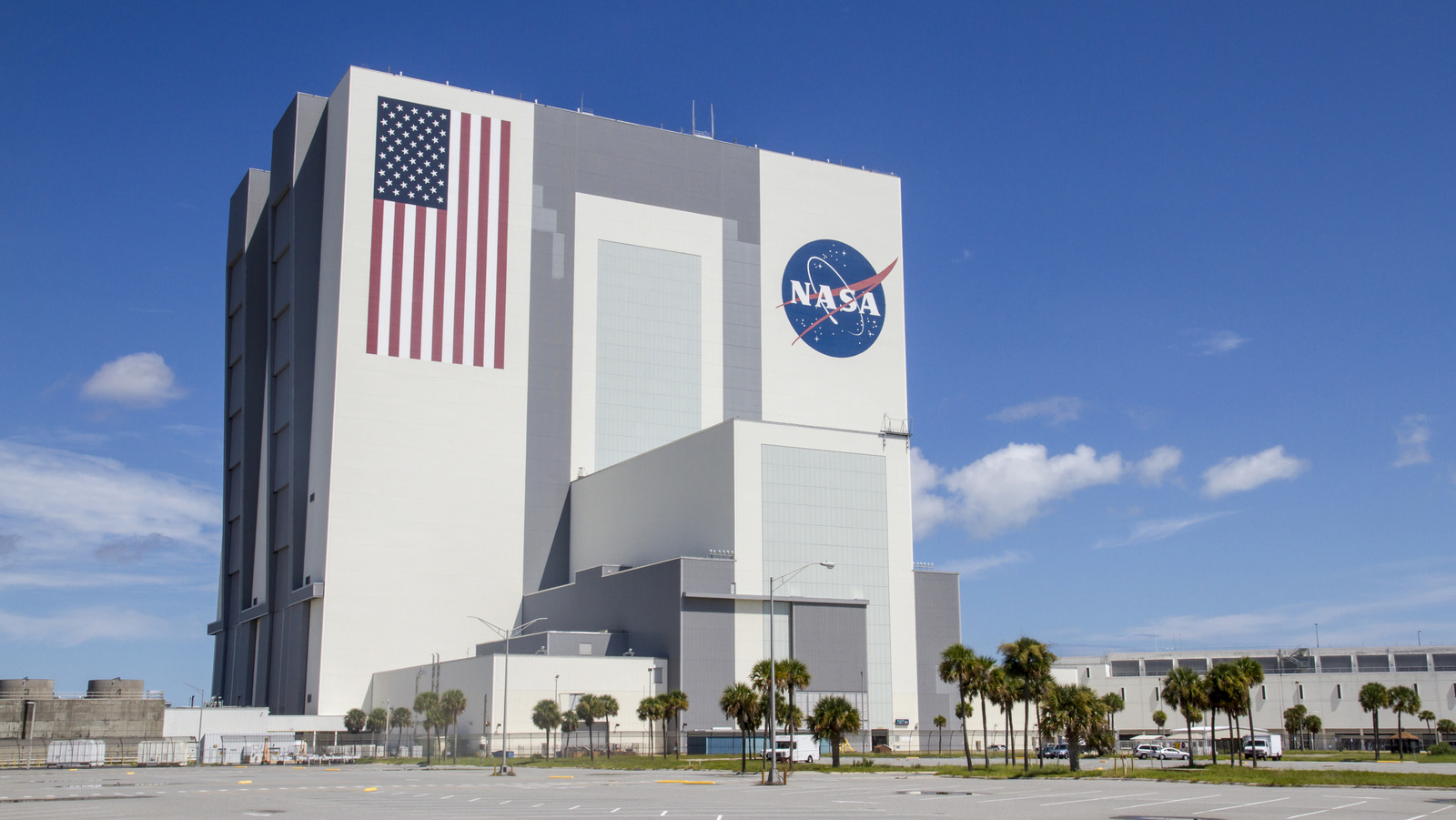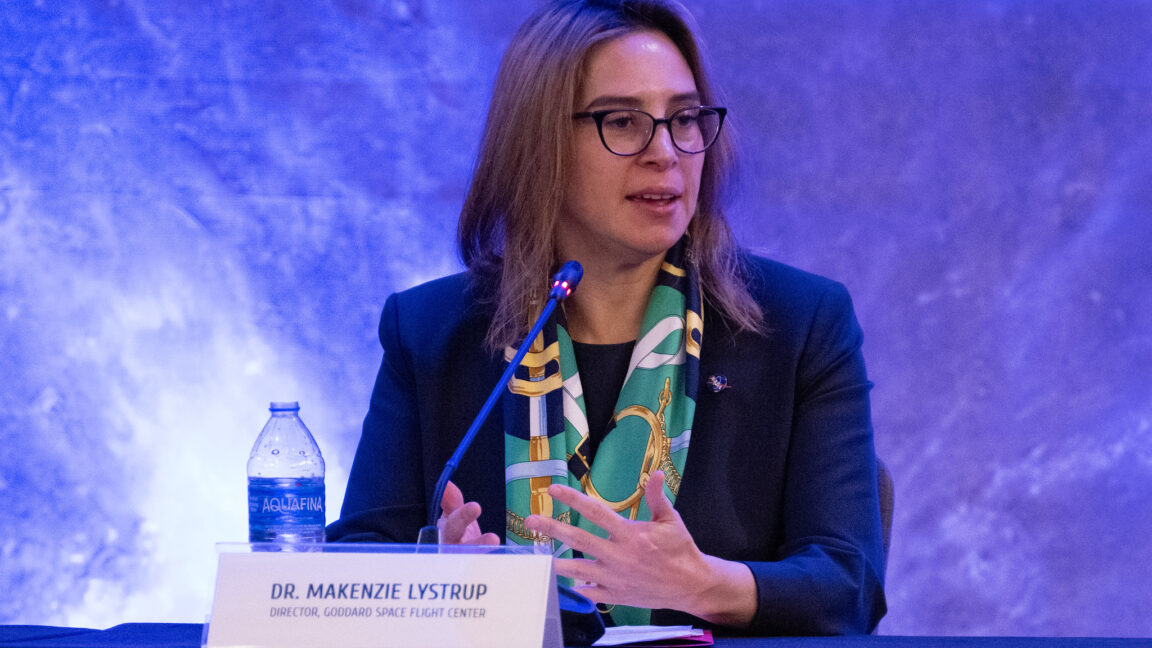T4K3.news
NASA to conduct random searches of employees
NASA will now implement random searches amid concerns over corporate espionage as layoffs approach.

NASA's recent policy introduces random searches of employees amid budget cuts.
NASA's new surveillance policy raises concerns over employee rights
NASA announced this week the implementation of random searches for employees and their vehicles. While the agency claims this measure is intended to enhance workplace safety, many speculate it is driven by fears of corporate espionage as layoffs loom. Following a significant budget cut of 23% from the Trump administration for 2026, NASA plans to reduce its workforce by 5,000. These physical searches will be coupled with ongoing AI-based digital surveillance within the agency's facilities, including its Washington, D.C. headquarters. The announcement triggered alarms rather than a sense of security among staff, highlighting a troubling shift toward invasive monitoring.
Key Takeaways
"I'd be absolutely terrified."
Former NASA astrobiologist Keith Cowing expresses concern over the new policy.
"This measure seems to be out of fear that employees could engage in corporate espionage."
The rationale behind random searches is questioned in light of layoffs.
The introduction of random searches at NASA marks a significant change in how the agency interacts with its employees. This step not only raises questions about workplace safety but also about the erosion of trust within the organization. As employees face layoffs, the fear of being monitored seems to overshadow any potential benefits of such surveillance. Trust is essential for morale and productivity, and this new policy risks creating an environment of fear rather than collaboration, where employees feel like they are constantly under watch. Such measures can have lasting impacts on employee engagement and the overall culture of the agency.
Highlights
- A policy that turns a workplace into a surveillance state is deeply troubling.
- Trust is essential in any organization, and this move could destroy it.
- Random searches show a lack of confidence in employees' integrity.
- AI monitoring adds a new layer of fear to the workforce.
Concerns over employee privacy and rights
The new policy raises important questions about employee rights and privacy, particularly in the context of layoffs and invasive surveillance. Many fear that these searches create a culture of fear rather than safety.
The implications of this policy could shape NASA's future work environment and culture.
Enjoyed this? Let your friends know!
Related News

Random Searches Set to Resume at NASA Headquarters

Tech company CEO resigns after concert video incident

Tech executive resigns after viral concert incident

State of emergency declared in Trinidad and Tobago

Makenzie Lystrup resigns as Goddard director
CEO resigns after viral Coldplay moment

Rochester Man Pleads Guilty in Sex Sting Case

NASA's Perseverance rover sets record drive on Mars
